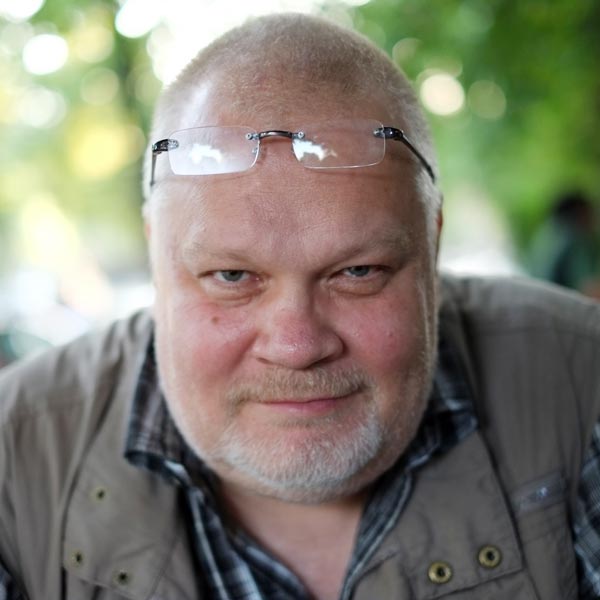EU is undermining the rule of law: e-evidence
In a similar way that the police cannot enter your home without a court warrant, they are not supposed to look into your private communications without permission, right? Not really.
The EU is working towards easing the access to e-evidence for law enforcement authorities. The plan of the European Commission is to propose new rules on sharing evidence and the possibility for the authorities to request e-evidence directly from technology companies. One of the proposed options is that police would be able to access data directly from the cloud-based services.

